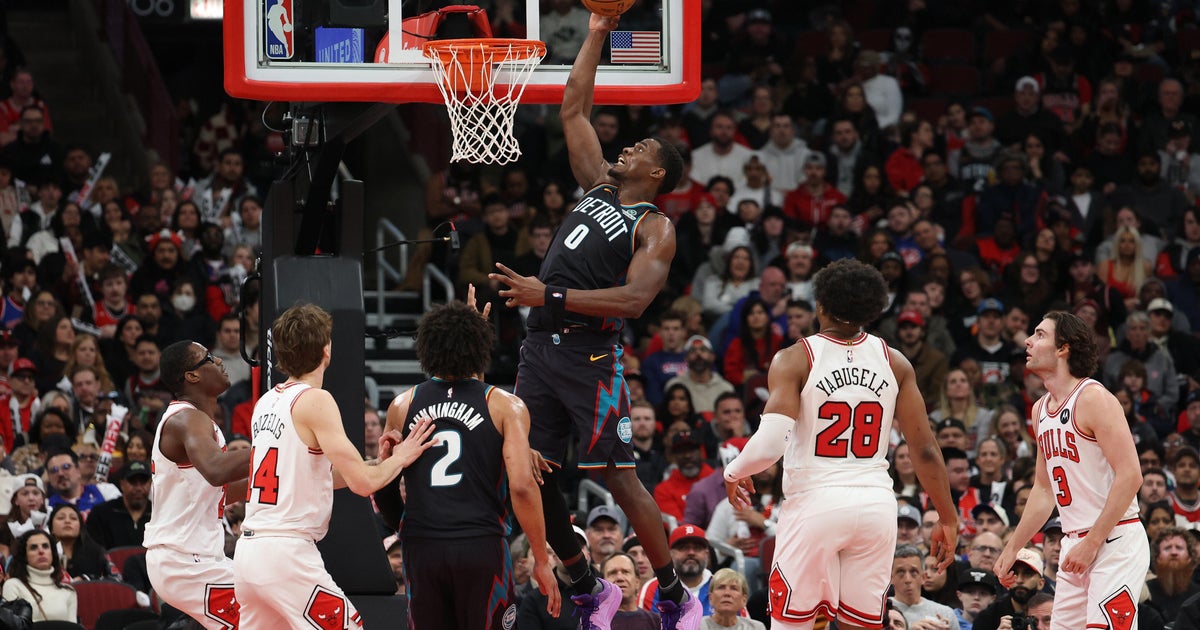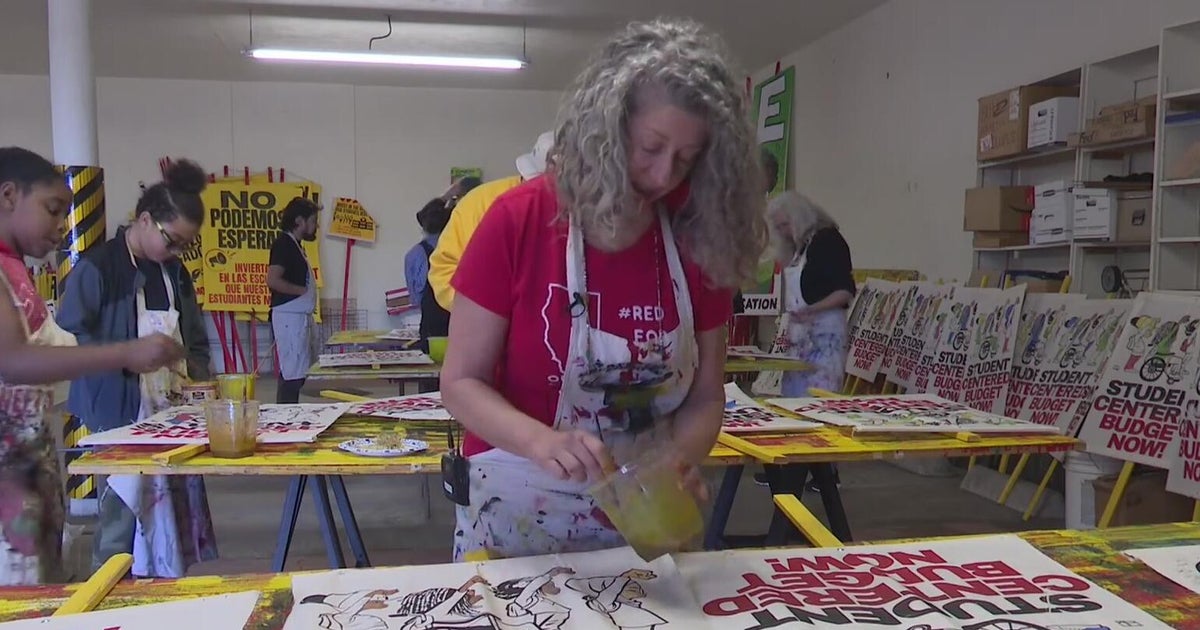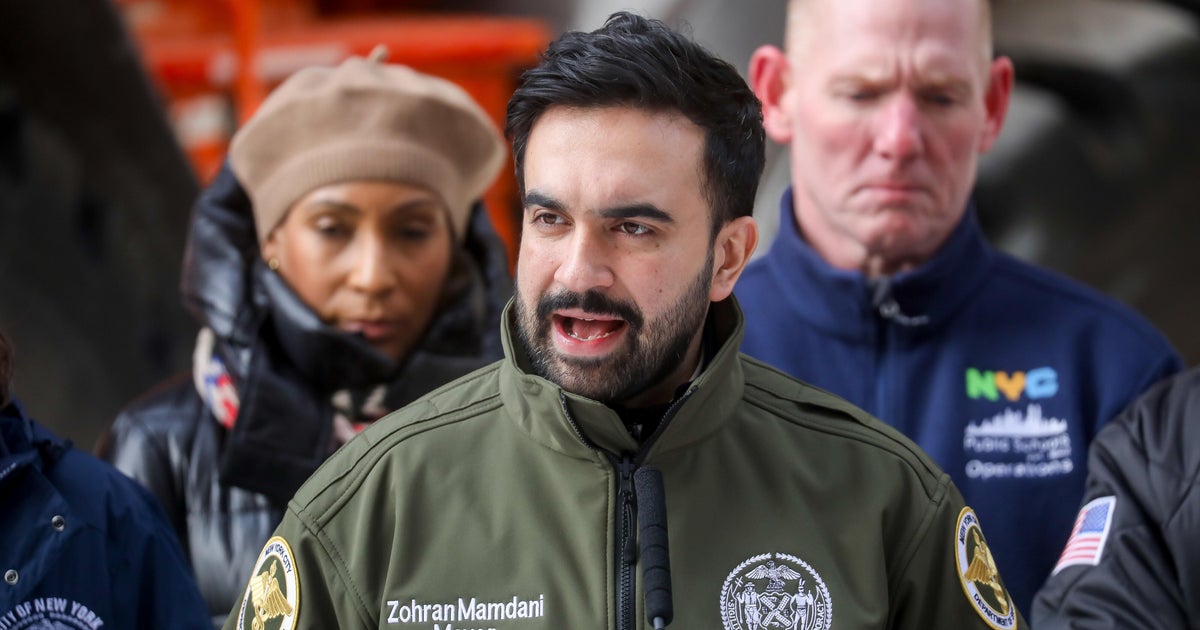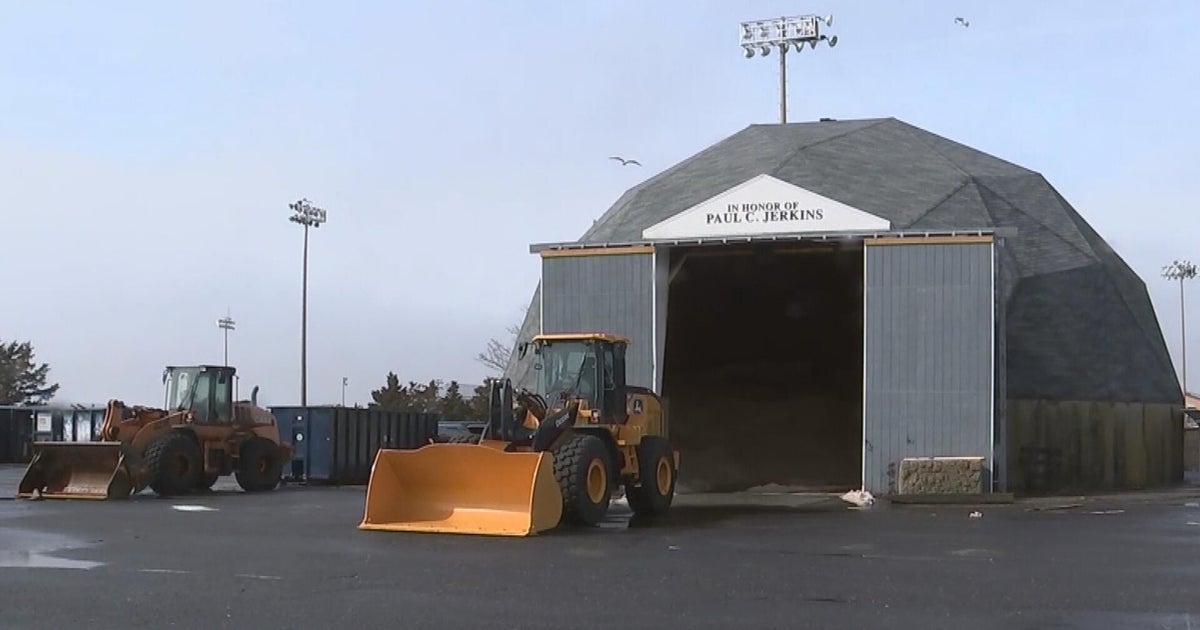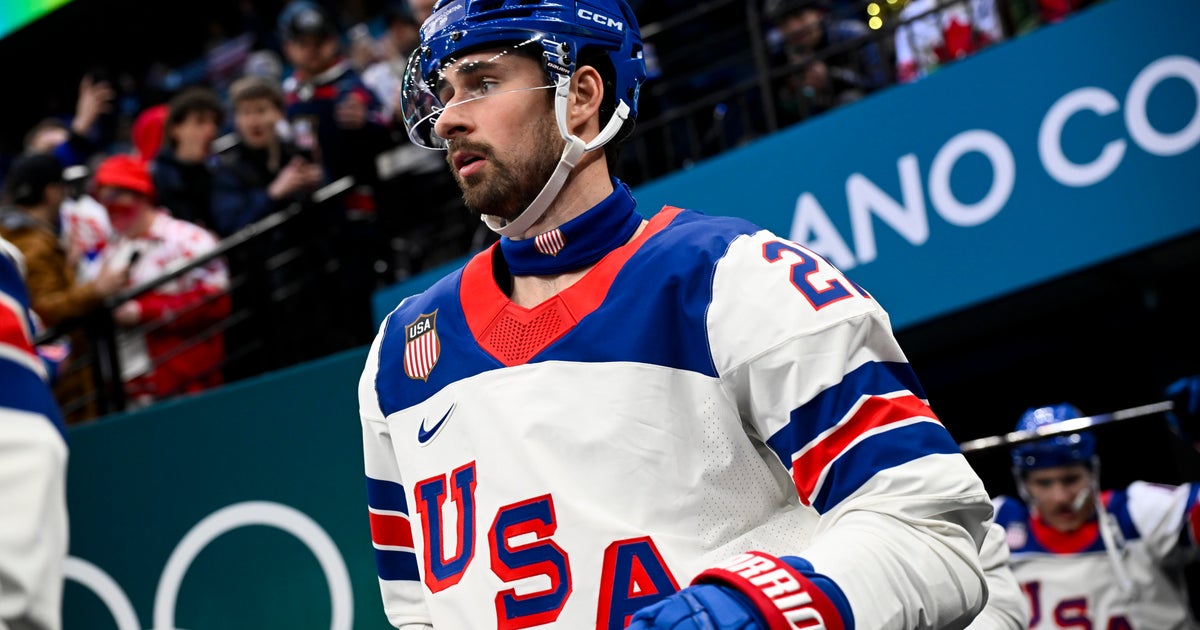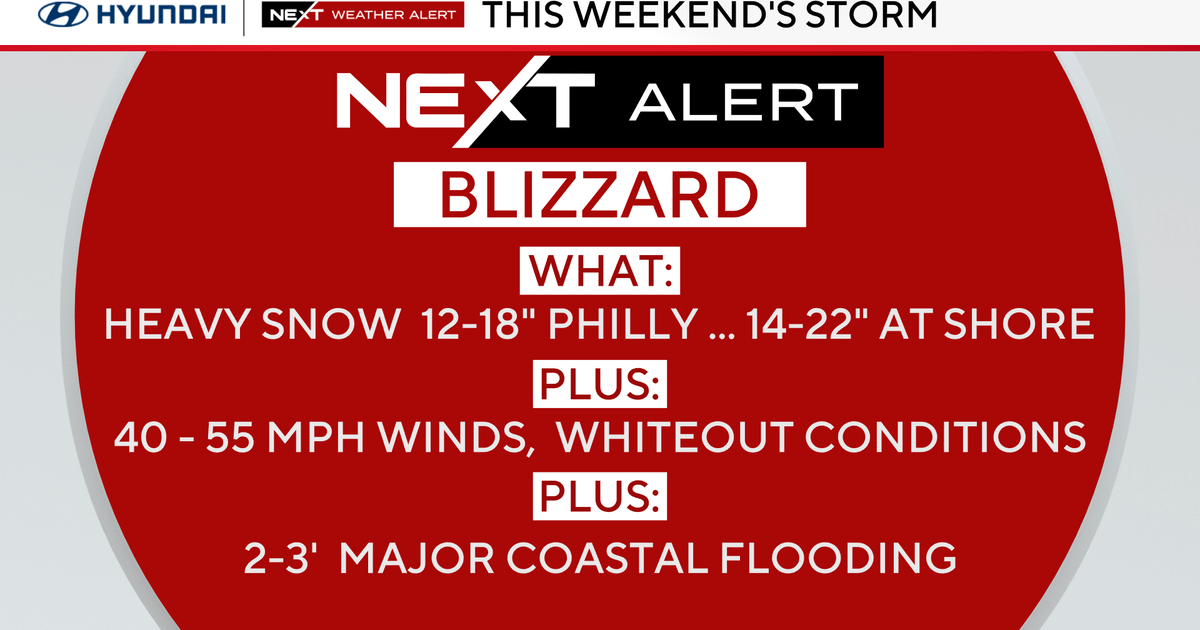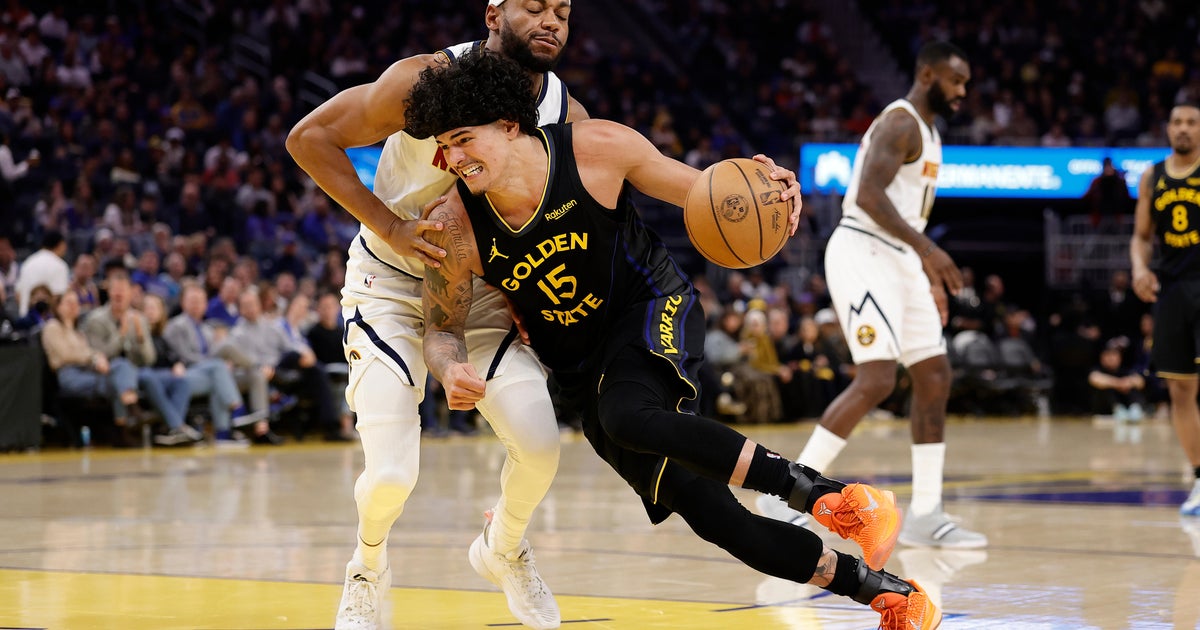NHL, NHLPA Meet For Lunch
NEW YORK (AP) — NHL labor talks took a break Saturday — an old-fashioned lunch break.
Instead of returning to the negotiating table for a fifth straight day, representatives from the NHL and the players' association stayed in touch during the morning and then got together for an informal lunch meeting in the afternoon.
NHL deputy commissioner Bill Daly and union special counsel Steve Fehr made plans to talk either Saturday night or Sunday morning to set up the next round of negotiations.
Negotiations hit a rough spot Friday and talks were put on hold Saturday — the 56th day of the lockout that has delayed the start of the season and already forced it to be shortened. Talks ended Friday night a few hours into a bargaining session on the core economic differences that separate the sides and threaten the season completely.
Following those discussions, union executive director Donald Fehr held a conference call with the executive board and players on the negotiating committee. The players' association continued internal discussions Saturday before meeting with the league.
It became clear Friday night that the gap between the sides had grown wider. Whether negotiations took a step backward remains to be seen.
After three consecutive seemingly positive days of talks this week, discussions turned sour Friday. The union was under the impression the numbers floated by each side indicated they were nearer to an agreement with the league, but NHL Commissioner Gary Bettman disagreed.
"Gary made a comment (Thursday) that there is still a lot of work to do. I think, given (Friday's) session, there is still a lot of work to do," Donald Fehr said. "We looked at some of the numbers on the various proposals and we thought we were much closer together on the structure of a deal than the suggestions were. They came back to us and said, 'No, we are very very far apart on the structure of the deal.'"
There were vocal disagreements at the end of the session, and the union is beginning to feel that the NHL isn't ready to make a deal now, even if the players were suddenly willing to accept the league's offer in full — which they are not.
"We talked back and forth a little bit, and at one point the question was asked: 'If the players would agree to everything that's in your financial proposal, what you're saying is you still won't make an agreement unless the players give up everything in all of the player-contracting rights in your proposal? The answer was, 'Yes, because that's what we want,'" Donald Fehr said. "One wonders if that's really the case. How do you get there from here?
"Given where we are, we're going to reconvene internally (Saturday) morning and we'll come to grips with where we are and try to figure out what we'll do next. I don't know what will happen next."
Bettman declined to reveal what was discussed or where the disagreements lie. He also wouldn't characterize the mood of the talks.
"I am not going into the details of what takes place in the room," he said. "I really apologize but I do not think it would be constructive to the process. I don't want to either raise or lower expectations. I won't be happy until we get to the end result and that means we're playing again."
The union fought to put out internal fires Friday after a memo to players summarizing Thursday's negotiations was leaked to the media. That led to suggestions that the players' association didn't fully convey the owners' most recent proposal to its membership accurately or completely.
Donald Fehr sternly shot down the report, if for no other reason that there were players present at the negotiations when the offer was put forward.
"Their proposal is made in front of players in the room who hear it," he said. "It's made in front of staff who hear it, it's made in front of former players who hear it. They're on the phone talking to everybody on an ongoing basis afterward.
"Owners can't come to meetings when they want to hear stuff directly, but every single player can at the union's expense. Come hear it for himself, make the judgments, and all the rest of it."
Ron Hainsey, the player representative for the Winnipeg Jets, backed Fehr's assertion in full.
"Every player is welcome in every meeting," the defenseman said. "Every player has the ability to get in touch with Don via phone, via email, or get in touch with me or any member of the negotiating committee via phone, via email. This notion that something was hidden over the past 24 or 48 hours is totally inaccurate. We feel that this should put this issue to rest.
"Obviously, there aren't 30 owners in the room, there aren't 700 players, but we make sure everyone who wants to know exactly what's going on ... we're taking calls every night. It was a memo to summarize as quick as possible for players. At the end of that memo I believe it says if you want exact details of the offer, call us or email us."
The lockout has already caused the league to call off 327 regular-season games, including the New Year's Day Winter Classic in Michigan. The league is in danger of having a lockout wipe out a full season for the second time in seven years.
Bettman is scheduled to attend Hockey Hall of Fame inductions Monday night in Toronto, but developments in negotiations could prevent that.
The lockout began Sept. 16 after the collective bargaining agreement expired, and both sides rejected proposals Oct. 18. The players' association has agreed to a 50-50 split of hockey-related revenues, but that division wouldn't kick in until the third year of the deal.
During a second consecutive day of marathon negotiations Wednesday, the players' association made an offer on revenue sharing in which richer teams would help out poorer organizations, and another proposal regarding the "make-whole" provision that would guarantee full payment of all existing multiyear player contracts.
Revenue sharing and the make-whole provision are major hurdles. Both sides have made proposals that included a 50-50 split of hockey-related revenues. The NHL has moved toward the players' side on the "make-whole" provision and whose share of the economic pie that money will come from.
The NHLPA estimates that about $590 million is needed to guarantee the amount left to be paid to players on the "make-whole" provision, but so far the league is only offering $211 million.
The union accepted a salary cap in the previous labor pact, which wasn't reached until after the entire 2004-05 season was canceled because of a lockout. The union doesn't want to absorb the majority of concessions this time after the NHL had record revenue that exceeded $3 billion last season.
Players believe that dropping their share of hockey-related revenue from 57 percent to 50 percent is already a major concession on their part.
